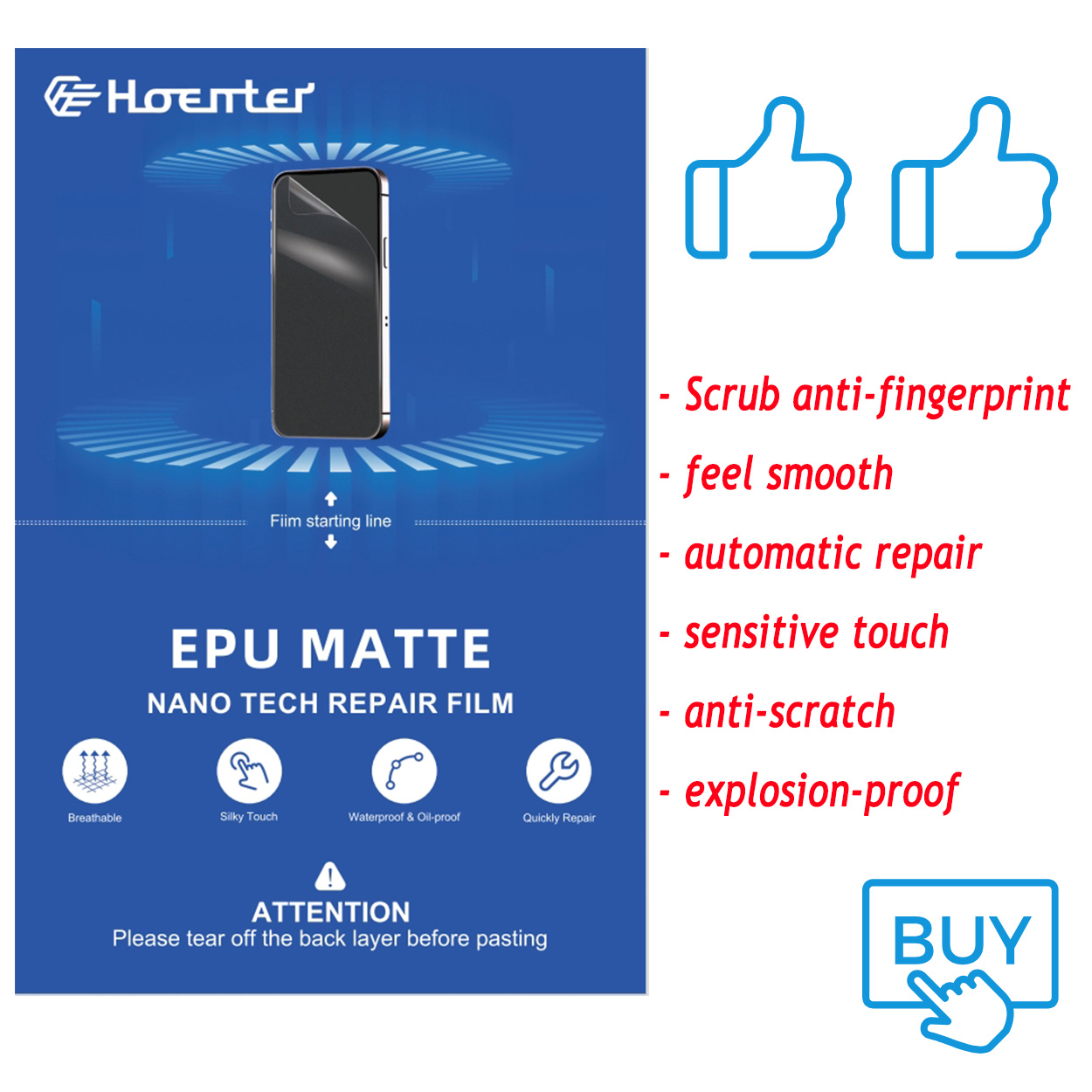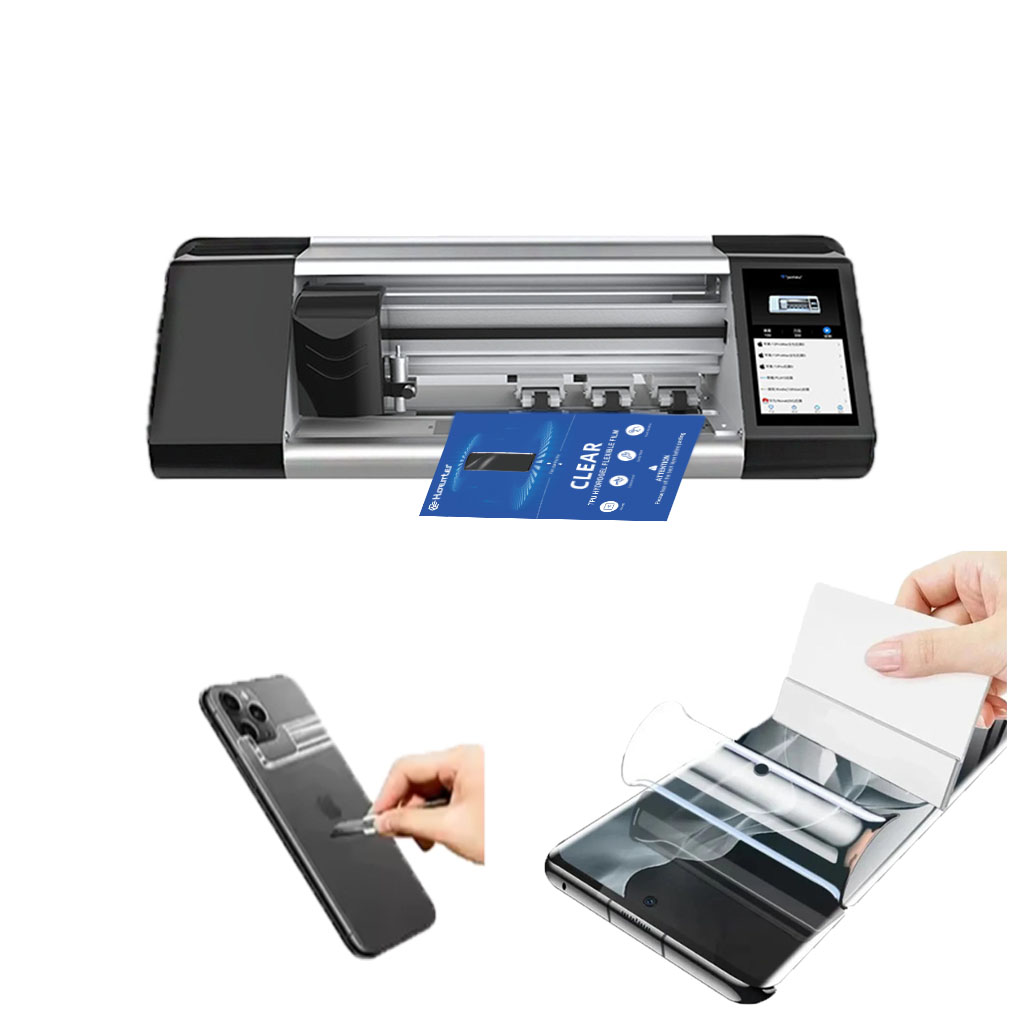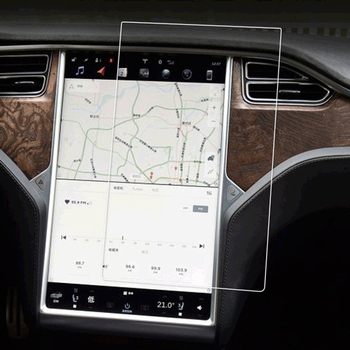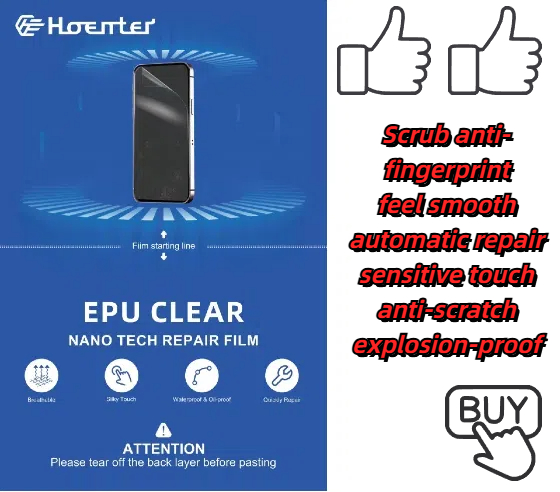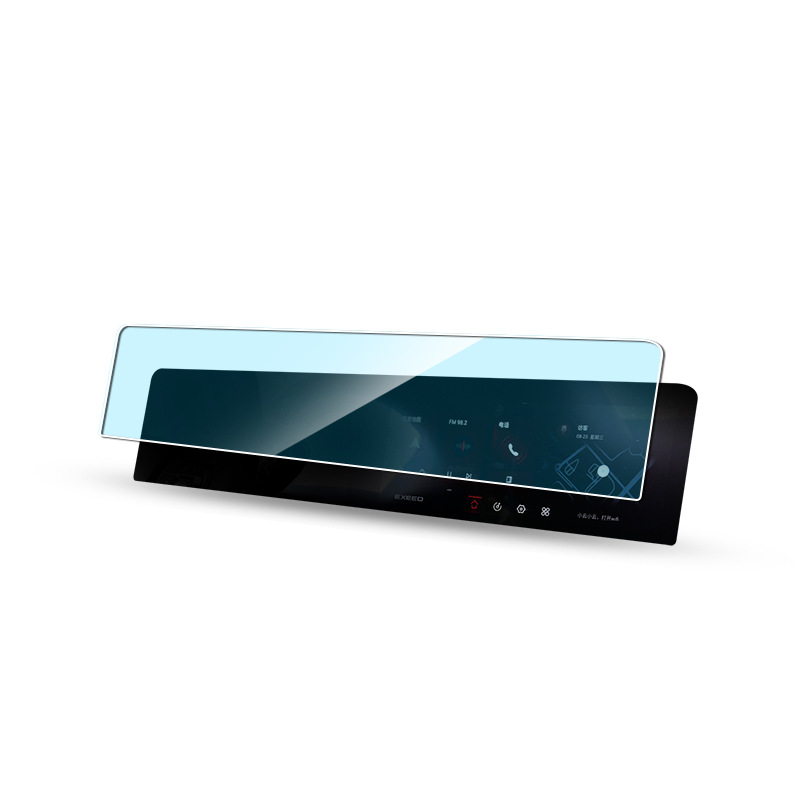
Do Screen Protectors Prevent Cracking?
Table of Contents
Summary
While it may not be a foolproof solution against all types of damage, it provides an essential layer of defense against everyday hazards. By choosing the right type of protector and applying it correctly, you can significantly reduce the risk of screen damage.
Key Takeaways:
- Screen protectors provide essential protection against scratches and minor impacts.
- Tempered glass protectors offer superior durability and clarity compared to plastic.
- Proper application is crucial for maintaining touch sensitivity and screen clarity.
- Regularly inspect and replace your screen protector to ensure optimal protection.
By understanding the benefits and limitations of screen protectors, you can make an informed decision that best suits your needs and lifestyle.
What is a Screen Protector?
A screen protector is a thin layer of material that adheres to the screen of your device. Its primary purpose is to protect the screen from scratches, smudges, and cracks. Screen protectors are made from various materials, including tempered glass and plastic, each offering different levels of protection.Screen protectors are essential for maintaining the longevity of your device. They act as a barrier against everyday wear and tear, ensuring that your phone screen remains pristine. By investing in a screen protector, you can avoid the hassle and expense of replacing a cracked screen.How Do Screen Protectors Work?
Screen protectors work by absorbing the impact that would otherwise directly hit your phone screen. When you drop your phone, the screen protector takes the brunt of the force, reducing the likelihood of a crack. This is particularly true for tempered glass screen protectors, which are designed to shatter upon impact, thereby protecting the actual screen beneath.The effectiveness of a screen protector largely depends on its material and thickness. Tempered glass protectors, for instance, are known for their durability and ability to withstand significant impact. They are crafted through a process of extreme heating and rapid cooling, which makes them much stronger than regular glass.Can Screen Protectors Prevent Cracking?
The million-dollar question: Can screen protectors really prevent cracking? The answer is both yes and no. While screen protectors can significantly reduce the risk of cracks, they are not foolproof. A screen protector can absorb minor impacts and prevent scratches, but it may not withstand a severe drop or a sharp object.However, using a screen protector is still a wise choice. It provides an additional layer of defense, which can be the difference between a minor scratch and a costly screen replacement. For optimal protection, pairing a screen protector with a sturdy phone case is recommended.
Types of Screen Protectors: Which One is Best?
There are several types of screen protectors available, each with its own set of advantages and disadvantages. The most common types include:- Tempered Glass: Offers superior protection and clarity. It is thicker and more durable than other types.
- Plastic (PET or TPU): More affordable and flexible, but less durable than tempered glass.
- Liquid Screen Protectors: A newer option that involves applying a liquid solution to the screen, which hardens to form a protective layer.
Tempered Glass vs. Plastic Screen Protectors
When it comes to choosing between tempered glass and plastic screen protectors, there are several factors to consider. Tempered glass protectors are known for their strength and ability to resist scratches and cracks. They provide a smooth, glass-like feel that closely mimics the original screen.On the other hand, plastic screen protectors are thinner and more flexible. They are less likely to shatter upon impact but offer less protection against severe drops. Plastic protectors are also more prone to scratches and may not provide the same level of clarity as tempered glass.Ultimately, the choice between tempered glass and plastic depends on your priorities. If you value protection and a premium feel, tempered glass is the way to go. For those seeking a budget-friendly option, plastic protectors are a viable alternative.
Do Screen Protectors Affect Touch Sensitivity?
A common concern among smartphone users is whether screen protectors affect touch sensitivity. The good news is that most high-quality screen protectors, especially tempered glass ones, do not interfere with touch responsiveness. They are designed to be thin enough to maintain the screen’s sensitivity while providing adequate protection.However, lower-quality protectors, particularly thicker plastic ones, may slightly reduce touch sensitivity. To ensure optimal performance, it’s important to choose a reputable brand and follow the installation instructions carefully.How to Properly Apply a Screen Protector
Applying a screen protector can be a daunting task, but with the right technique, it can be done smoothly. Here are some steps to ensure a perfect application:- Clean the Screen: Use a microfiber cloth and cleaning solution to remove any dust or fingerprints.
- Align the Protector: Carefully align the protector with the edges of the screen before applying.
- Apply the Protector: Gently place the protector on the screen, starting from one edge and smoothing it out to avoid bubbles.
- Remove Bubbles: Use a credit card or similar object to push out any air bubbles.
Common Myths About Screen Protectors
There are several myths surrounding screen protectors that can lead to confusion. Let’s debunk some of the most common ones:- Myth 1: Screen protectors are unnecessary if you have a case. While a case provides protection for the phone’s body, a screen protector specifically guards against screen damage.
- Myth 2: All screen protectors are the same. As discussed earlier, there are significant differences in materials and quality.
- Myth 3: Screen protectors reduce screen clarity. High-quality protectors are designed to be virtually invisible and do not affect the screen’s clarity.
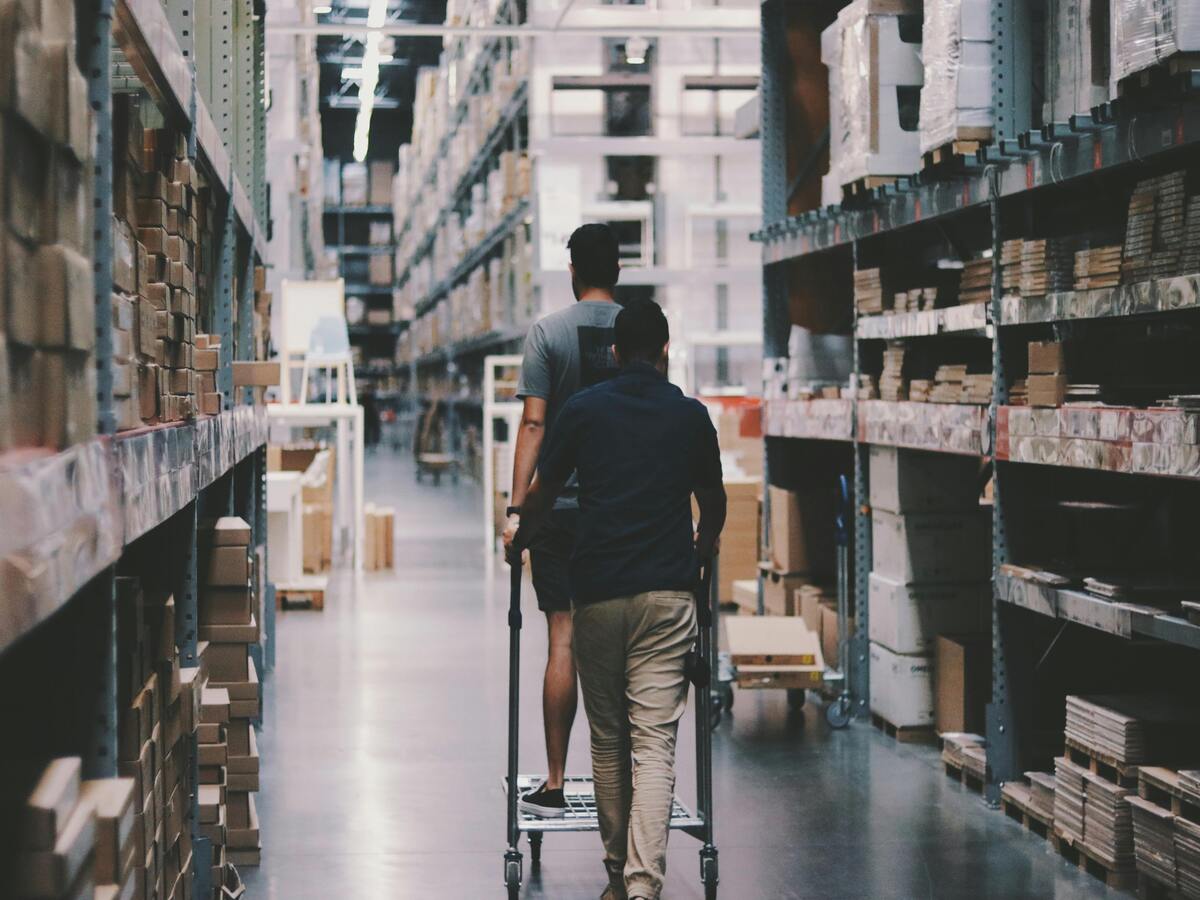
When Should You Replace Your Screen Protector?
Screen protectors are not indestructible and will eventually need to be replaced. Here are some signs that it’s time for a new one:- Visible Cracks or Chips: If the protector is cracked, it can no longer provide adequate protection.
- Loss of Adhesion: If the protector is peeling or not sticking properly, it should be replaced.
- Scratches or Wear: Over time, protectors can accumulate scratches that affect visibility.
Comments
Tags

Matte and Clear Self-Healing EPU
Matte and Clear EPU Film: The ultimate choice in self-healing screen protection. Find the perfect finish for your phone.
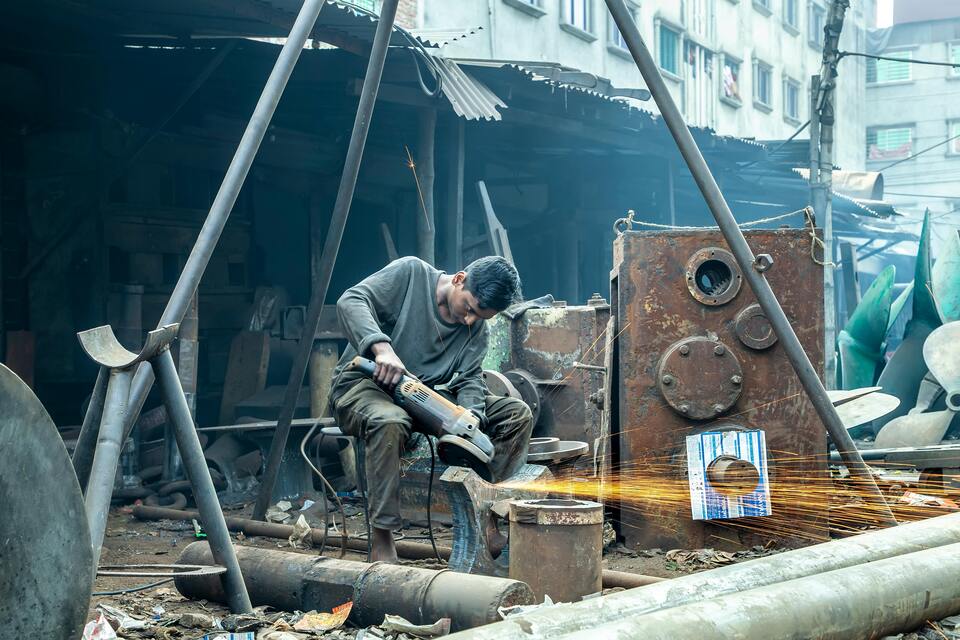
How to Remove Screen Protector from iPhone?
By following these steps, you can safely remove and replace your iPhone’s screen protector, ensuring your device remains in top condition.
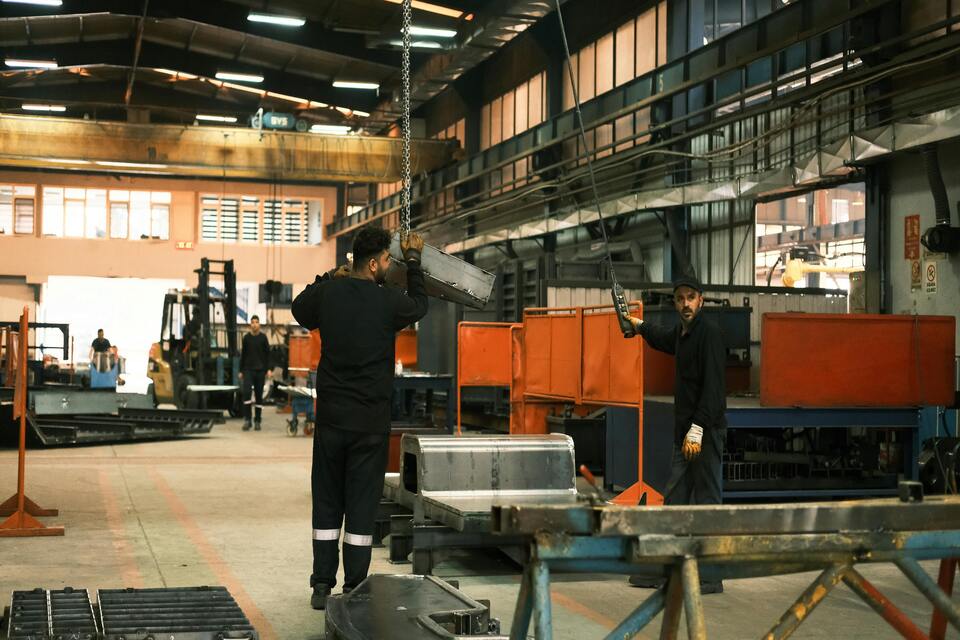
Can I Put a Screen Protector on a Cracked Screen?
By following these steps, you can effectively protect your phone’s screen, even if it’s cracked.
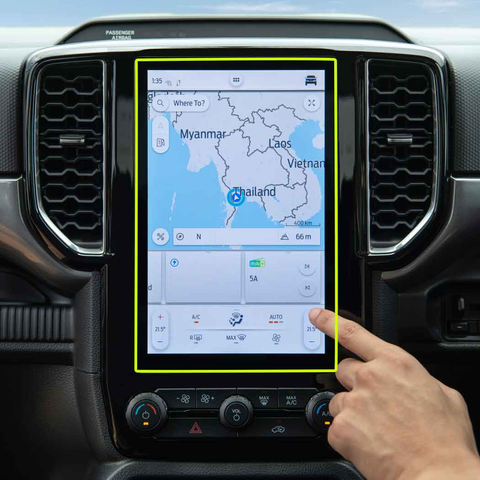
DONGFENG T5 EVO 2023 Navigator Tempered Glass
Get the best 2023 DONGFENG T5 EVO Tempered Glass screen protector. Ultra-clear and designed to maintain the touch sensitivity of your navigation display.

The Impact of Smart Privacy Screen Cutting Machines on Data Security
Smart privacy screen cutouts play a vital role in enhancing data security, especially in preventing increasingly prevalent threats such as data breaches and visual theft.
Find All knowledge and trends from our blog, get the wholesale price and best quality from our factory.
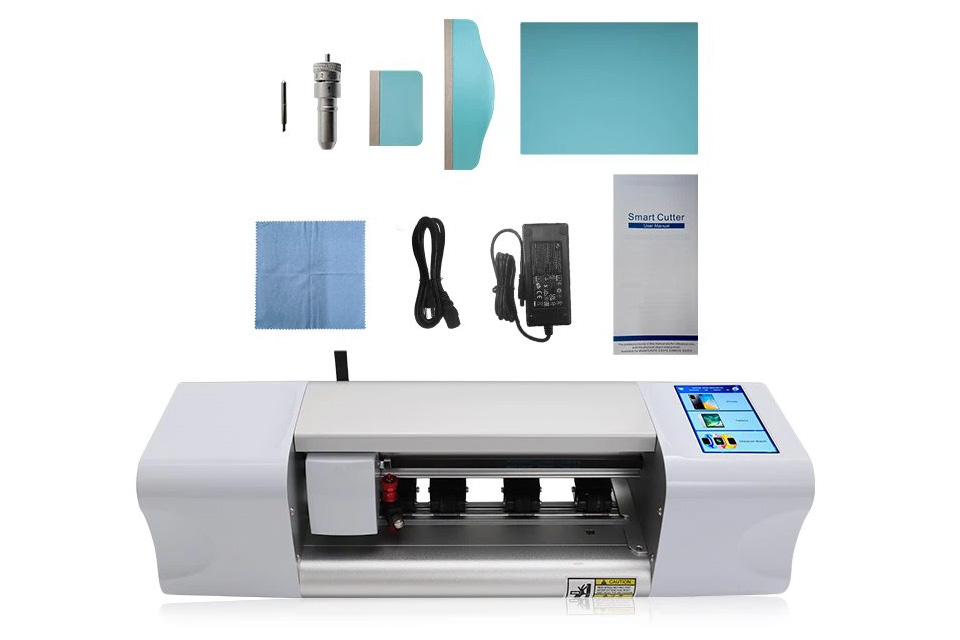
What Film Cutting Machine and Its Application
Film cutting machines have played a crucial role in the evolution of filmmaking and various industrial processes by enabling precise cutting and splicing of film materials.
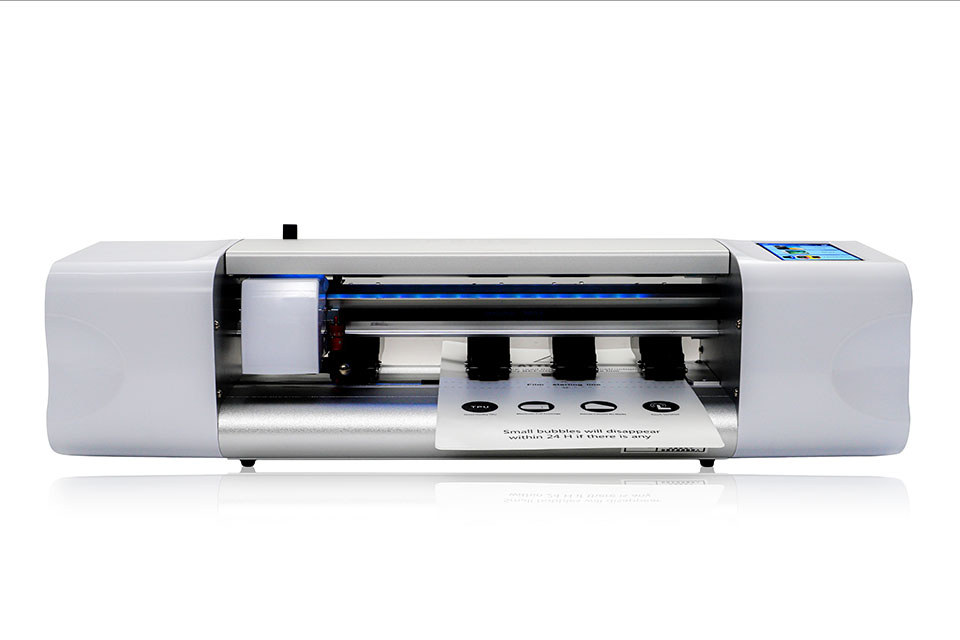
What Is a Screen Protector Cutting Machine?
A screen protector cutting machine is a specialized device designed to produce custom-fit screen protectors for various electronic devices, including smartphones, tablets, smartwatches, laptops, and monitors.
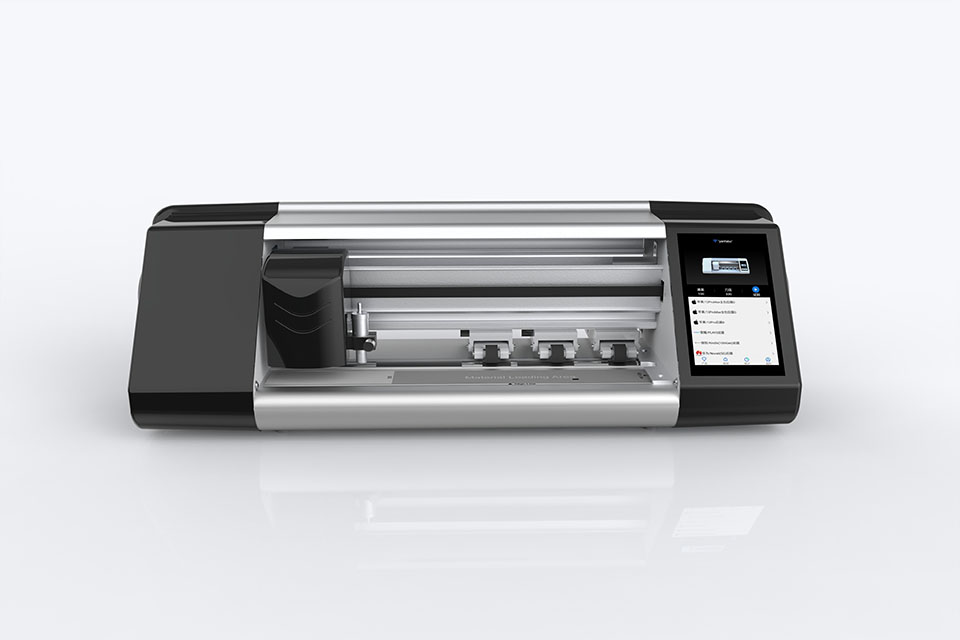
How Mobile Phone Screen Protector Cutting Machine Work?
A mobile phone screen protector cutting machine is a sophisticated device designed
to produce customized screen protectors for various digital devices with high preci
sion and efficiency.
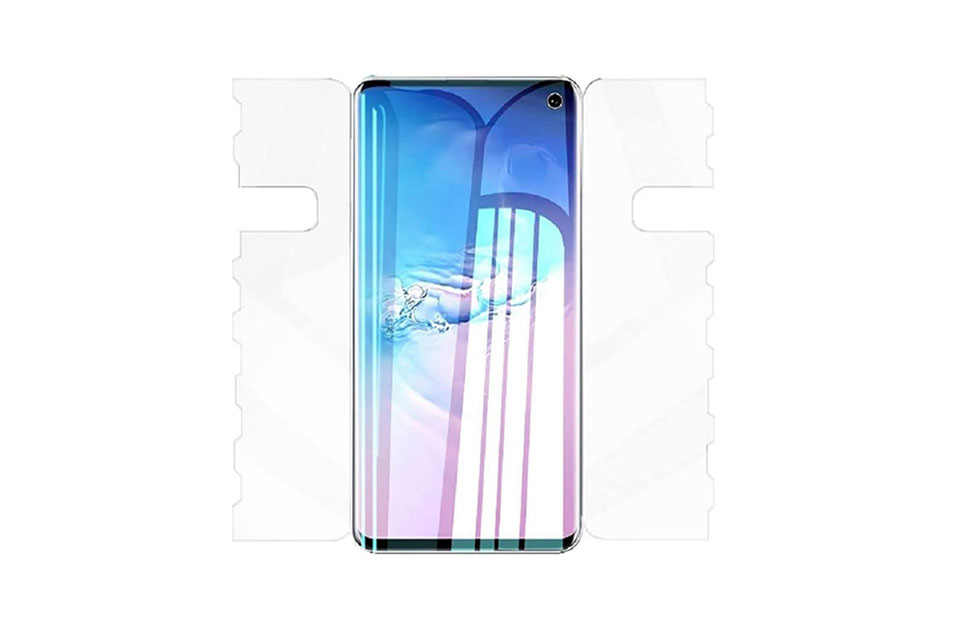
Characteristics of Mobile Phone Tempered Glass and Mobile Phone TPU Screen Protector
Thermoplastic polyurethane (TPU) screen protectors are flexible, durable, and
self-healing plastic films designed to protect electronic device screens from
scratches, impacts, and other potential damages.
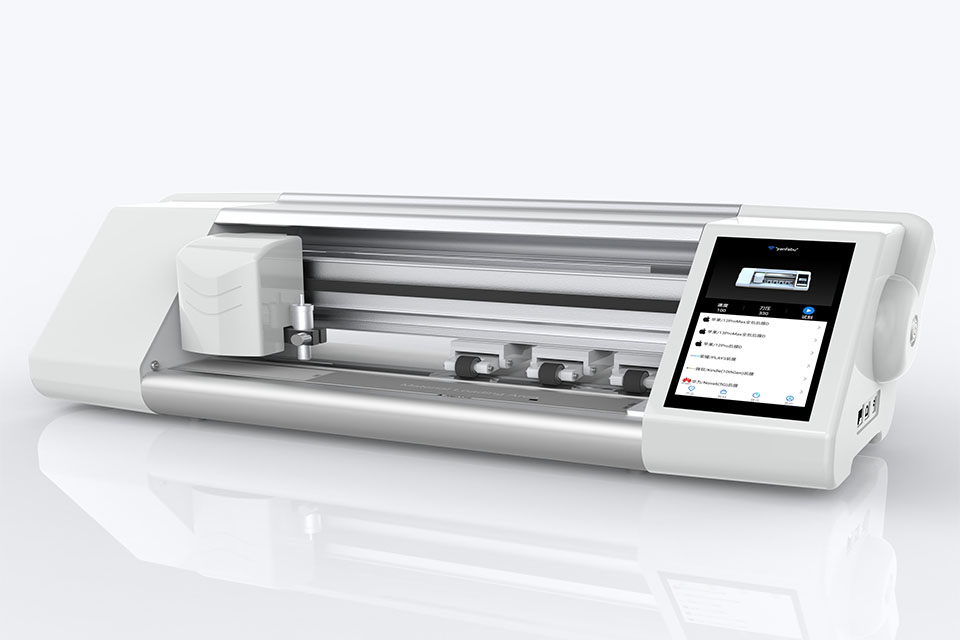
Revolutionize Device Protection with Screen Guard Cutting Machine
Whether you possess a smartphone, tablet, or smartwatch, this versatile machine accommodates a vast array of devices. It seamlessly adapts to the dimensions of your gadget, offering a custom fit that generic protectors can’t match.
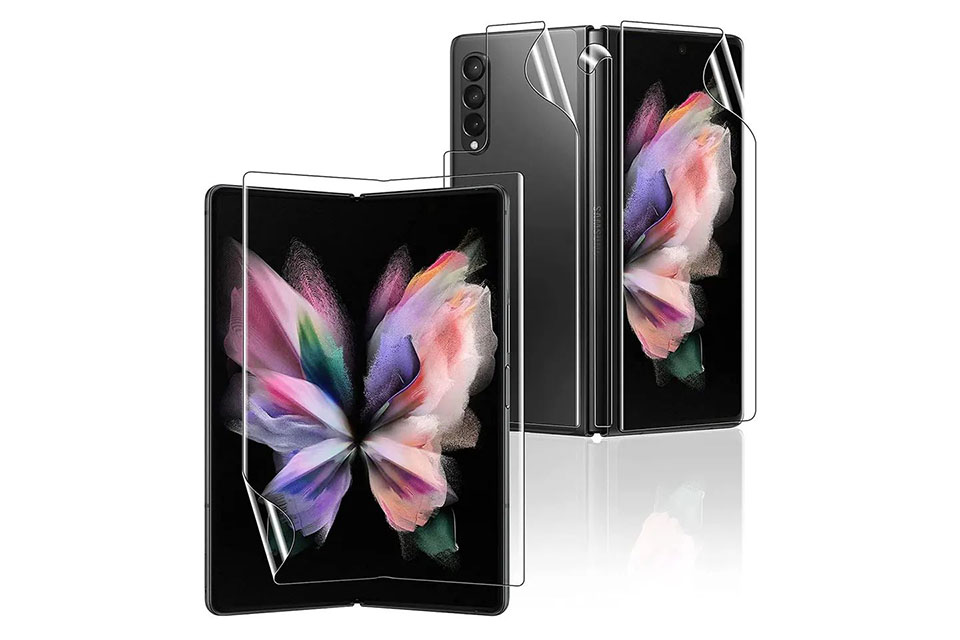
Screen Protector Lifetime Warranty
A screen protector lifetime warranty is a guarantee provided by manufacturers that
promises to repair or replace a screen protector for the lifetime of the product, under specific terms and conditions.

